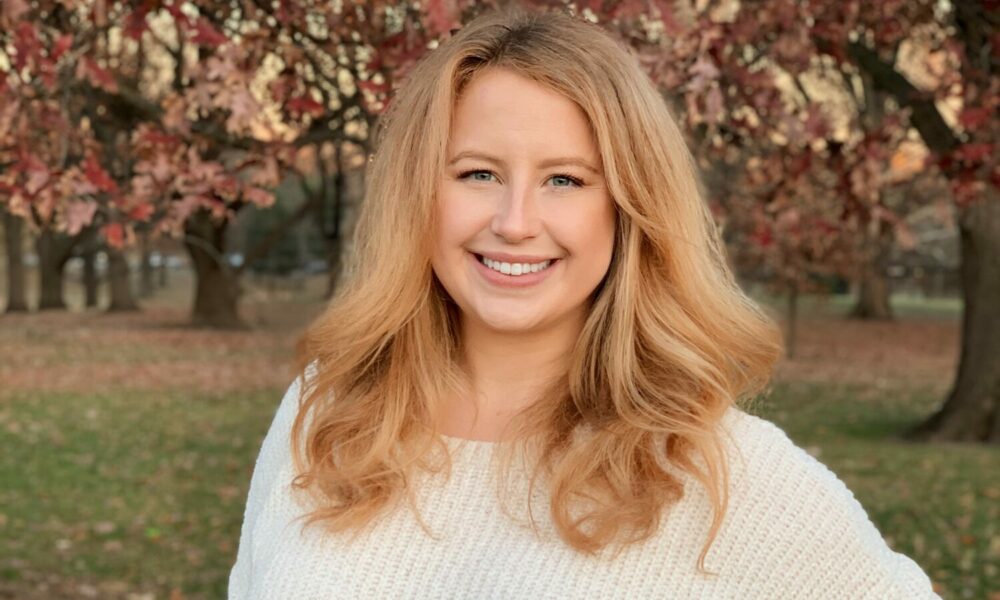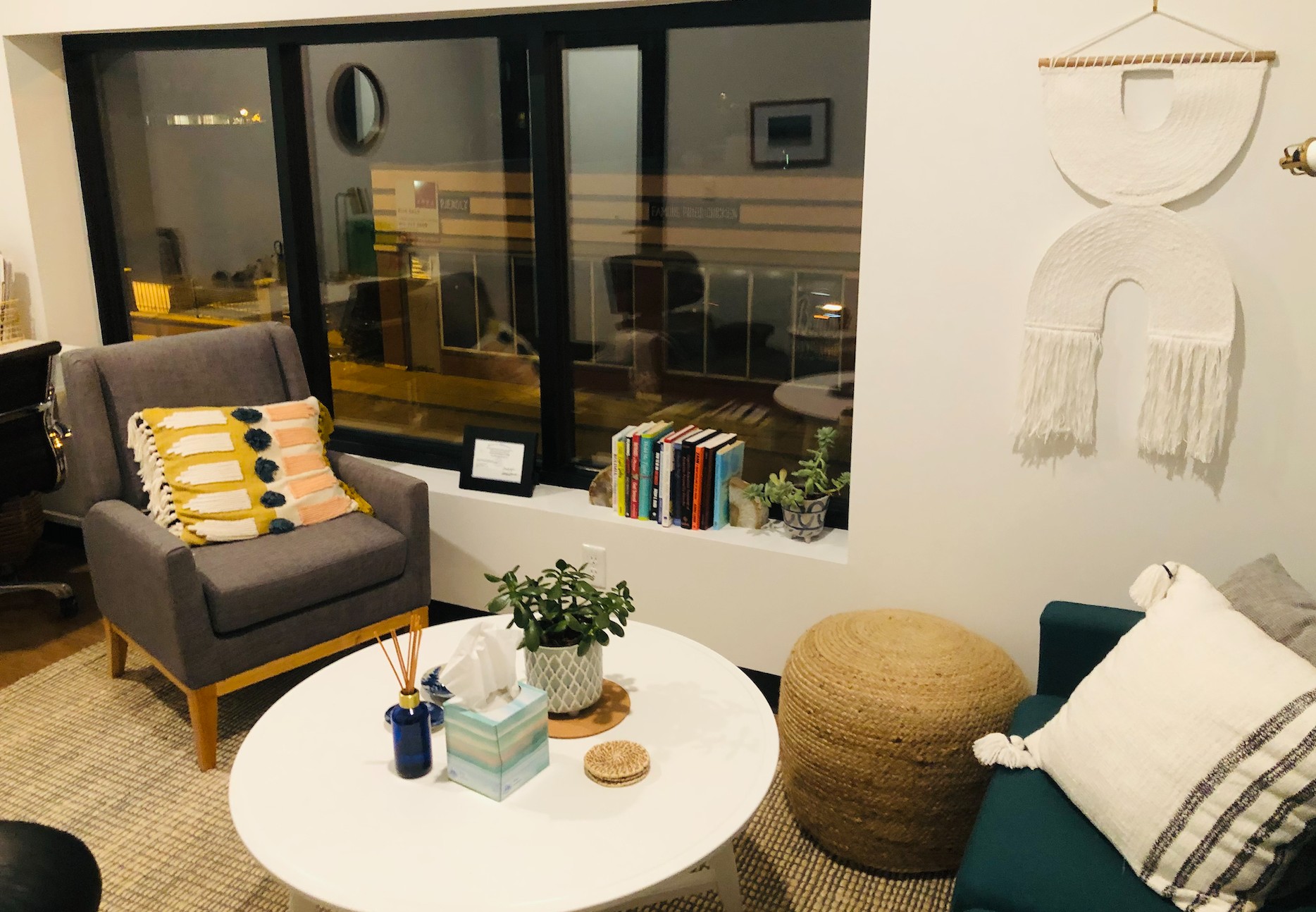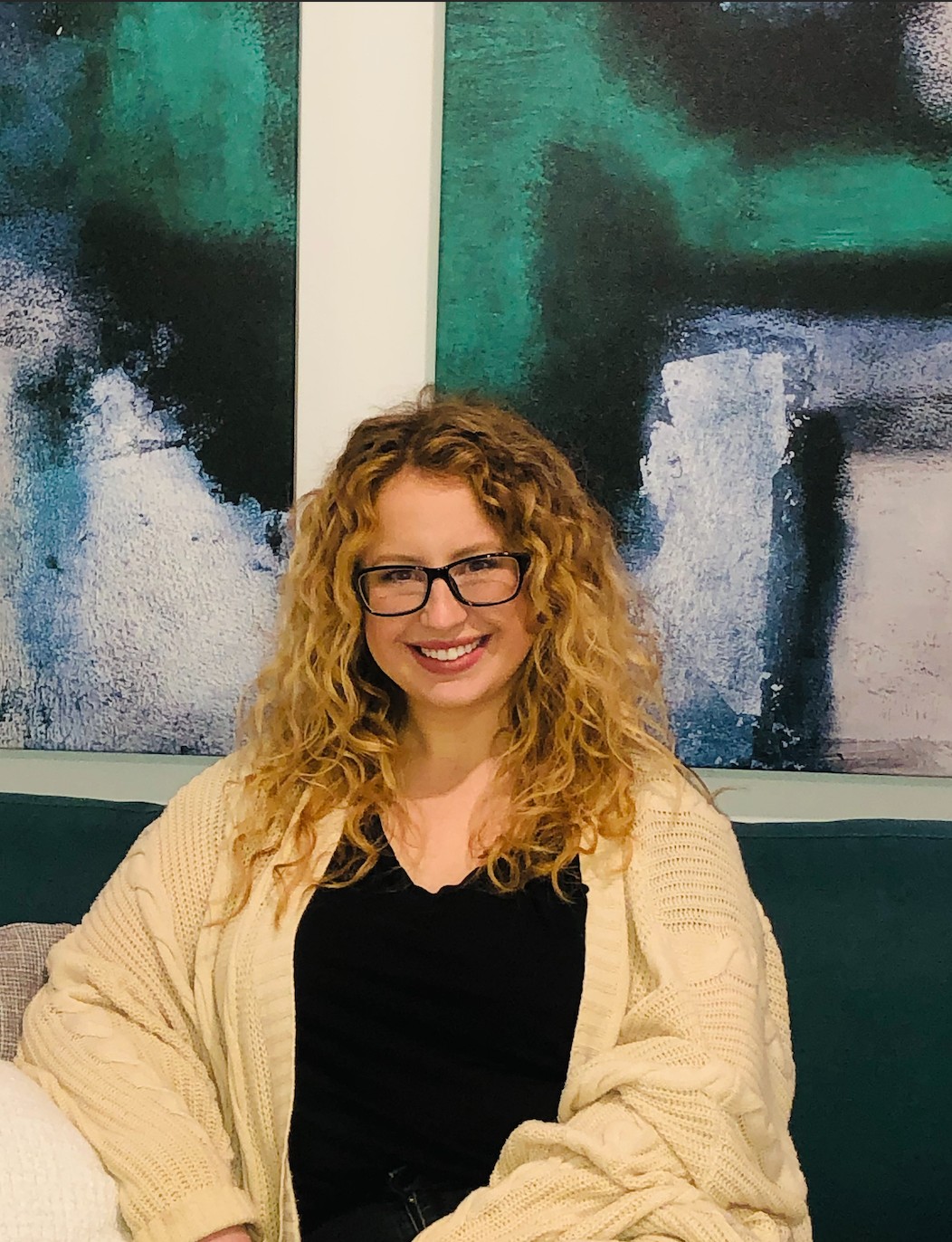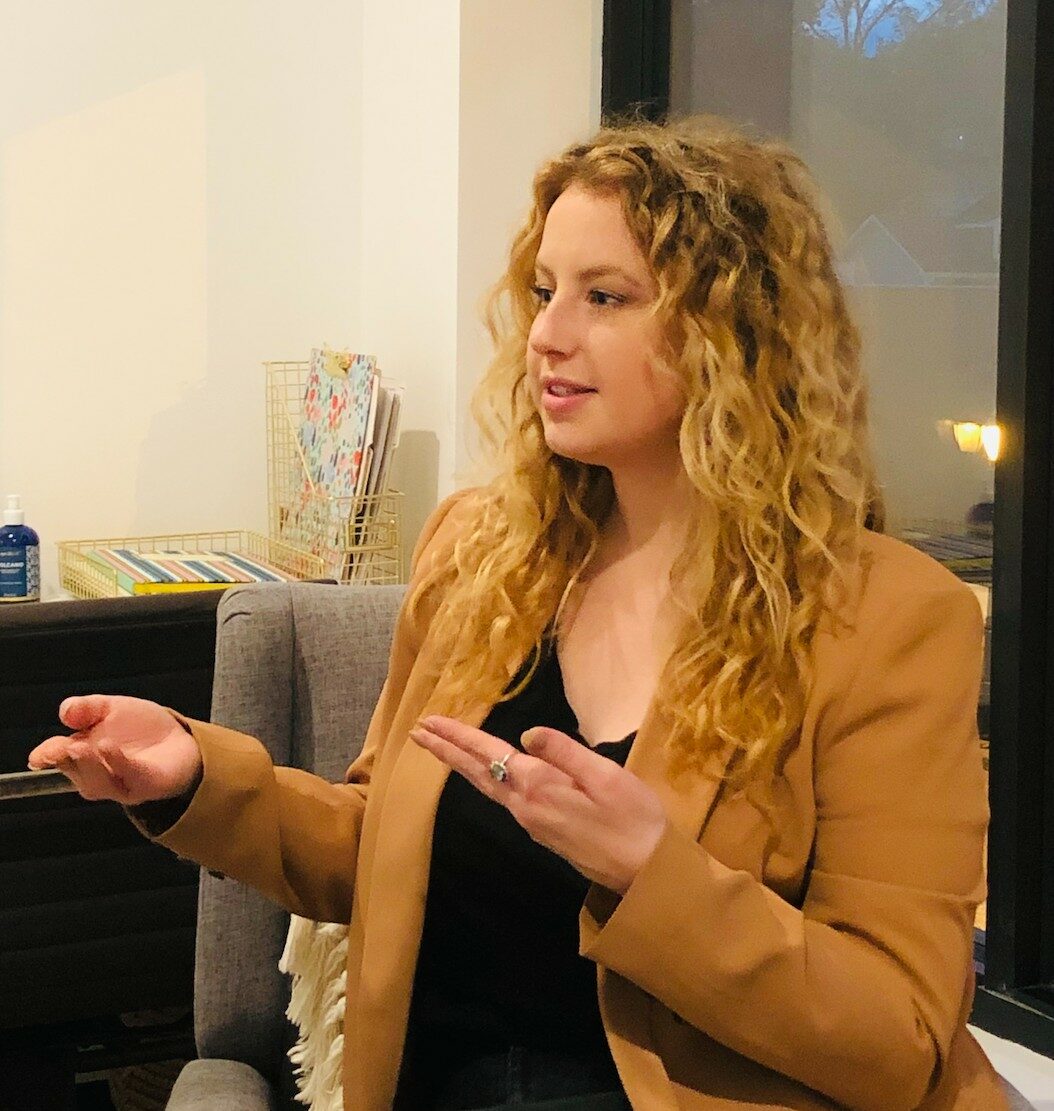

Today we’d like to introduce you to Britta Ekholm.
Hi Britta, thanks for sharing your story with us. To start, maybe you can tell our readers some of your backstories.
Like most things in life, the story of how I got where I am today is a series of happenstance.
I started college as an English major (lol) and was trying to figure out what I wanted to do in life. I recognized that what I enjoyed most about literature was how the stories we tell can provide a space for connection, healing, and insight into the human condition. I also noticed how the stories we tell ourselves shape our view of ourselves. What if we could re-author our stories to reduce our suffering? Changing the story of “I am unlovable” to “I am enough”.
I then changed my major to psychology with an emphasis on clinical psychology. I was initially interested in helping people who struggle with addiction, so I joined a neuropsychology research team that studied the effects of amphetamine addiction on the brain. I completed an internship at a psychiatric residential treatment facility for children and adolescents with severe emotional and behavioral disturbance. When it came time for graduation, I decided to attend East Carolina University because of the strong emphasis on treating both mental health disorders and substance abuse.
While in grad school, I noticed that so many individuals with substance abuse disorders were using drugs to cope with underlying mental illness and trauma. I became more focused on integrating substance abuse and mental health treatment.
I was getting a bit homesick living on the east coast and wanted to relocate back to the Midwest to be closer to my support system. I researched internship placements in Kansas City and stumbled upon EDCare, an eating disorder treatment center. I had never worked with eating disorders before, but I decided to interview there on a leap of faith. I was accepted and eventually was hired onto the EDCare team after graduation. I learned how few resources are available for people with eating disorders in the Kansas City area and how eating disorders are a very misunderstood, stereotyped mental illness. I became passionate about providing effective treatment to those suffering from eating disorders.
I eventually left the EDCare team and moved onto a rural community mental health center an hour south of the KC metro. I was one of only three therapists available in the entire county. Our caseloads were huge, the resources were few and far between, and poverty was rampant. Accessible mental health care is unfortunately political, and Kansas was recovering from the Brownback years where community mental health centers’ budgets were slashed. This provides us with an important reminder that mental health care is public health.
I moved onto Johnson County Mental Health Center to be closer to home and cut my commute down. I felt passionate about providing mental health care to people who are under-resourced and I wanted to specialize in populations to concentrate my clinical skills.
I started my own private practice in 2020 to focus on helping individuals heal from trauma, eating disorders, suicide bereavement, and mood disorders such as depression and anxiety.
We all face challenges, but looking back would you describe it as a relatively smooth road?
Providing mental health care can be emotionally exhausting, and it requires a lot of self-care along the way. Self-care is often easier said than done, especially working in community mental health where the caseloads are high. It’s hard to take care of myself when 7 out of 8 hours of the day I’m giving all my energy and focus towards others and I’m booked to see 35 clients in one week.
Most health care workers will experience what we call secondary traumatization, which means experiencing emotional distress and/or detachment after hearing firsthand trauma experiences from another individual.
My lightbulb moment of “oh this work is really affecting me outside of my job” came when I was working mostly with children and teens in the foster care system at a community mental health center. I went to the mall to return an item on a busy Saturday. I was looking around at all the kids and their families and thought, “I wonder how many kids are with their abusers right now?”
I realized most people don’t have thoughts like this and sought out my own therapy to process my own experience and find ways to cope. The book Trauma Stewardship by Laura van Dernoot-Lipsky is incredibly helpful for secondary traumatization and everyone in the helping profession should read it.
While these difficulties aren’t fun to go through, I realize that it is part of the journey of helping other people with their own struggles. Finding healthy ways to deal with my own struggles provides me with tools and empathy to work with others who are struggling in their own lives.
Great, so let’s talk business. Can you tell our readers more about what you do and what you think sets you apart from others?
I am a therapist in a private practice setting in the Kansas City metro area. My practice has quickly grown from a part-time job to a full-time endeavor as of December 2021. I specialize in treating individuals with post-traumatic stress disorder, eating disorders, suicide bereavement, and mood disorders (such as anxiety and depression).
I am most proud of helping people heal from their past trauma and be able to live fully in the present moment without being held down by their past. It is an incredible privilege as a therapist to witness someone recover from the past and reconnect with the present. I primarily use Eye Movement Desensitization and Reprocessing (EMDR) therapy with trauma. It’s so effective and heals trauma more rapidly than traditional talk therapy.
I also love working with individuals who have eating disorders because I enjoy giving people the tools to nourish themselves and accept their bodies. Eating disorders are often misunderstood and stereotyped mental health conditions. Eating disorders can come in all body sizes, gender identities, ages, races, and socioeconomic statuses. I aim to provide effective and inclusive care.
I utilize a variety of evidence-based therapies to help individuals recover, including Cognitive Behavioral Therapy, Dialectical Behavioral Therapy, EMDR, and Acceptance and Commitment Therapy. I offer evening and weekend sessions to provide time slots for people busy with work and school during the weekdays.
Is there a quality that you most attribute to your success?
Being willing to not be perfect at something new has been most important to my success.
I never, EVER, envisioned myself as a business owner so the whole process has been a learning curve. Being in a solo private practice is learning as you go. I love that it’s called private PRACTICE because that’s very much what it is, a practice. I’ve made some missteps, but I have learned a lot from them which has helped me become a smarter businesswoman.
Kinda like what my grandpa used to tell me, “You can’t be old and wise without being young and stupid”.
Contact Info:
- Email: [email protected]
- Website: www.brittaekholmcounseling.com
- Other: https://www.psychologytoday.com/us/therapists/eating-disorders/ks/overland-park/813530?sid=6189fdd3f3a23&ref=19
















